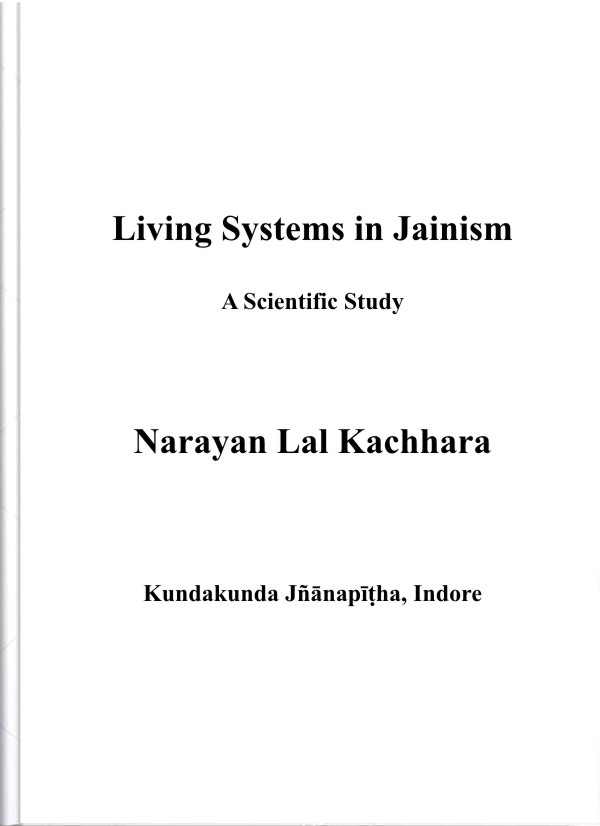Explaining the nature of consciousness is one of the most important and perplexing areas of Western philosophy. "Perhaps the most commonly used contemporary notion of a conscious mental state is captured by Nagel's famous experience statement "what it is like". When you are in a conscious mental state, there is something that it is like for you to be in that state, from the subjective or first-person point of view. But how do you understand this? For instance, how is the conscious mental state related to the body? Can consciousness be explained in terms of brain activity? What makes a mental state conscious? The problem of consciousness is arguably the most central issue in the current philosophy of mind and, importantly, is also related to major traditional topics in metaphysics, such as immortality and free will."
"Some philosophers attempt to explain consciousness directly through neurophysiological or physical terms. Others offer cognitive theories of consciousness, in which conscious mental states are reduced to some kind of representational relationship between mental states and the world. There are a number of such representational theories of consciousness, including higher order theories which hold that a mental state is conscious if the subject is aware of it in some sense. The relationship between consciousness and science is also central to much current theorizing on this topic. How does the brain "bind together" various sensory inputs to produce a unified subjective experience? What are the neural correlates of consciousness? What can be learned from abnormal psychology that might help to understand normal consciousness? To what extent are animal minds different from human minds? Could an appropriately programmed machine be conscious?"
An intuitive way to talk about consciousness is to say that a mental state is conscious when you are conscious of it. From this, it might seem that the term "conscious" is synonymous with "awareness," "experience," or "attention." However, this understanding is not generally accepted by today's philosophers. "Philosophers sometimes refer to conscious states as phenomenal or qualitative states. More technically, philosophers often view such states as having qualitative properties called "qualia" (singular: "quale"). There is significant disagreement over the nature and even the existence of qualia, but they are perhaps most frequently understood as the felt properties or qualities of conscious states."
"A distinction is also made between consciousness and self-consciousness, which plausibly involves awareness or consciousness of one's own mental states (instead of something out in the world). Self-consciousness arguably comes in degrees of sophistication ranging from minimal bodily self-awareness to the ability to reason and reflect on one's own mental states, such as one's beliefs and desires. Some philosophers even hold that consciousness entails some form of self-consciousness."
 Dr. N.L. Kachhara
Dr. N.L. Kachhara
